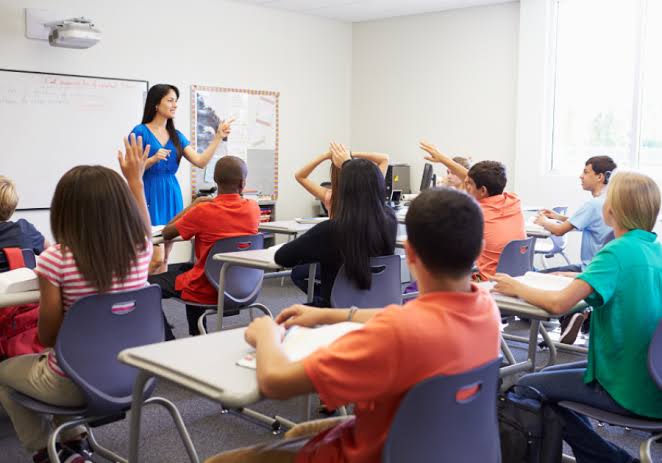Facebook Twitter (X) Instagram Somali Magazine - People's Magazine
Teachers across the UK are facing increasing challenges when it comes to educating students on major historical events, including the September 11 terrorist attacks, the Rwandan genocide, and Britain’s colonial past. A new report published by the Historical Association reveals that a growing number of young people are arriving in secondary school with little to no understanding of these pivotal moments in modern history—leaving educators concerned about students’ ability to engage with the world critically.
The findings come from a survey of over 400 history teachers, many of whom expressed alarm that by the time pupils reach their classrooms, they lack even basic awareness of major events that have shaped today’s global landscape. “Our students have never heard of 9/11,” one teacher noted. Another remarked, “They don’t know what the Holocaust is. Some think Rwanda is a made-up place.” Teachers say this knowledge gap makes it difficult to teach contemporary conflicts and politics, and that students are often unable to place these events on a timeline—or even locate the countries on a map.
One of the core concerns highlighted by the report is that many students are failing to make the connection between historical events and their present-day consequences. This includes the long-term impact of British imperialism, the racial legacy of colonialism, and the roots of current geopolitical tensions. Some teachers said their students found it “boring” or “irrelevant,” while others admitted they often lack the confidence or training to teach these topics effectively—particularly when dealing with sensitive subjects like racism, terrorism, and ethnic cleansing.
The report also draws attention to what it describes as a “fragmented” curriculum. History is only compulsory in the UK up to age 14, and many schools are forced to make tough choices about what to prioritize. With increasing pressure to deliver good test scores and meet administrative demands, many departments opt to focus on familiar, easier-to-assess topics such as the Tudors, the Romans, and the Second World War. This leaves little room for in-depth study of more recent or globally significant events.
Meanwhile, the lack of representation in textbooks and teaching materials compounds the issue. Several teachers noted that resources tend to present history from a Eurocentric perspective, often sidelining the voices of colonized peoples or minimizing the violence of empire. Others said that when events like the transatlantic slave trade or the partition of India are taught, they are often reduced to bullet points or single lessons. The result, according to the report, is a generation that is “historically adrift.”
Some educators argue that this knowledge gap isn’t just a problem for academic performance—it’s a threat to democracy. Without a clear understanding of history, students are more vulnerable to misinformation and conspiracy theories. They also risk failing to grasp the complexities of current events, such as conflicts in Gaza and Ukraine, the global refugee crisis, and debates over immigration and national identity.
The Historical Association is calling for urgent action, including better teacher training, more inclusive curricula, and stronger government support. It argues that history education should equip young people with the tools to critically engage with the past and present, rather than just memorize dates and facts. As one teacher put it: “How can we expect them to shape the future if they don’t understand the world they’ve inherited?”
The report ultimately paints a sobering picture of a system that, despite good intentions, is struggling to keep pace with the demands of a rapidly changing world. If nothing changes, experts warn that generations of students may continue to leave school without a coherent grasp of the very events that define the 21st century.

